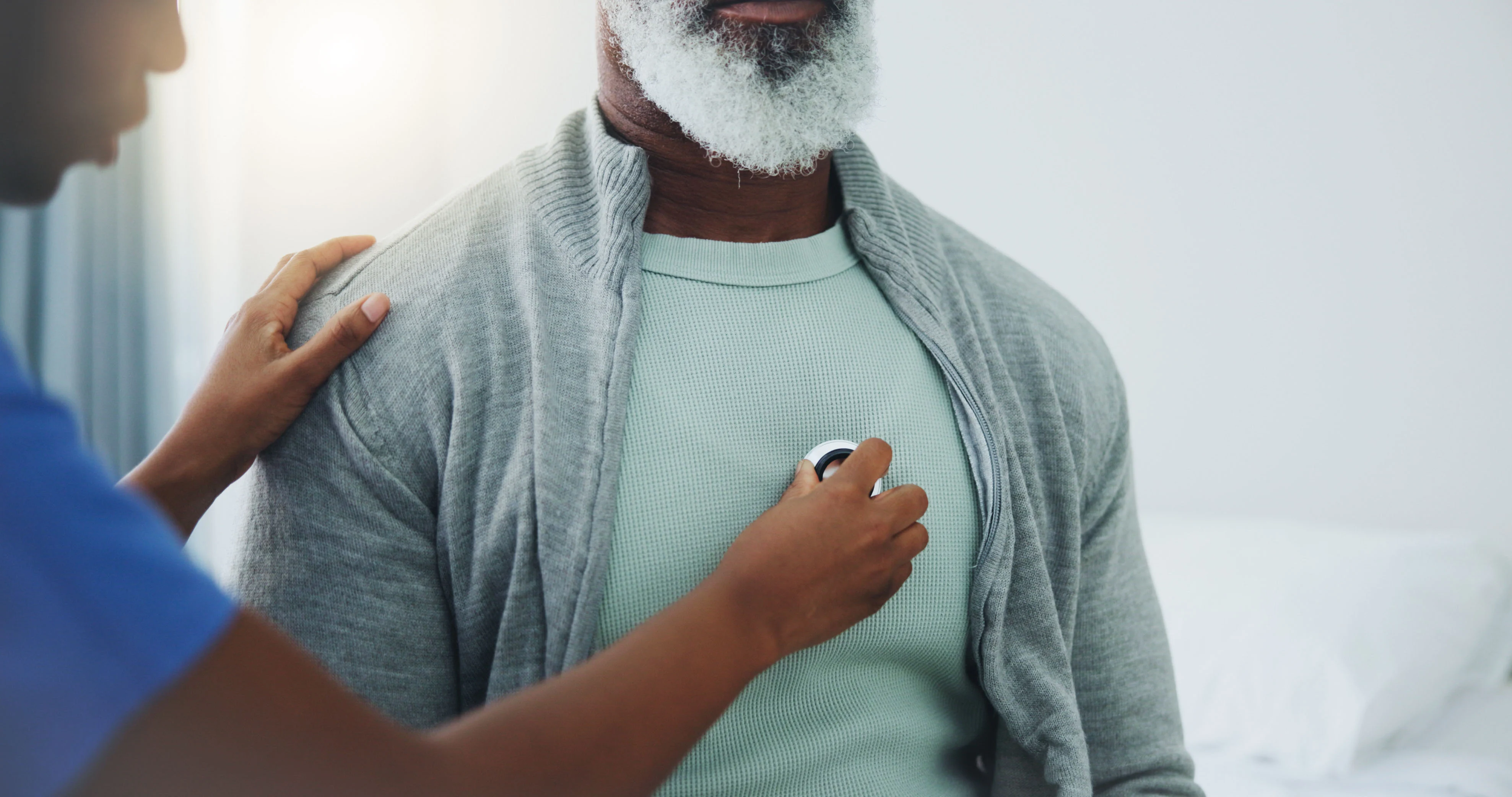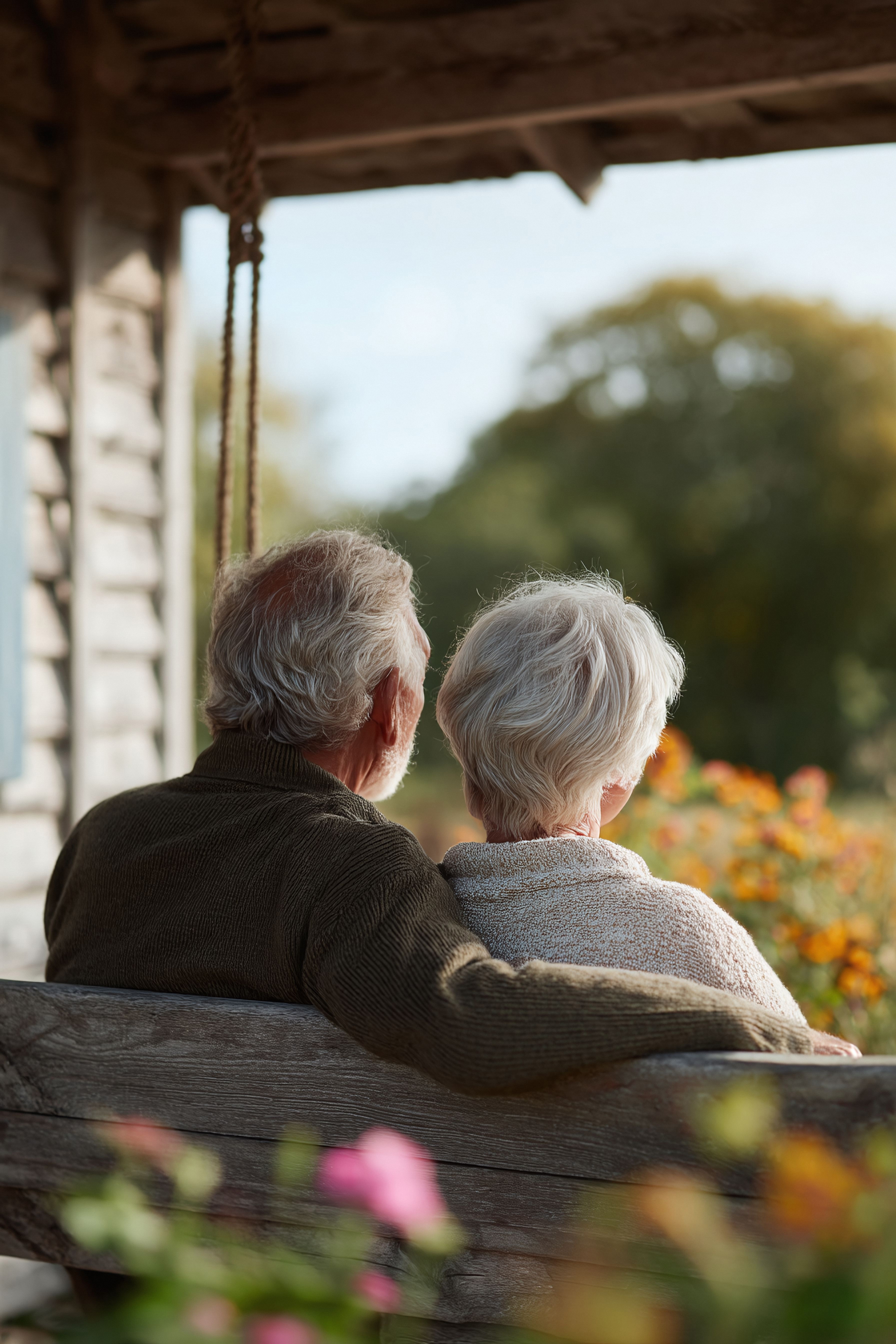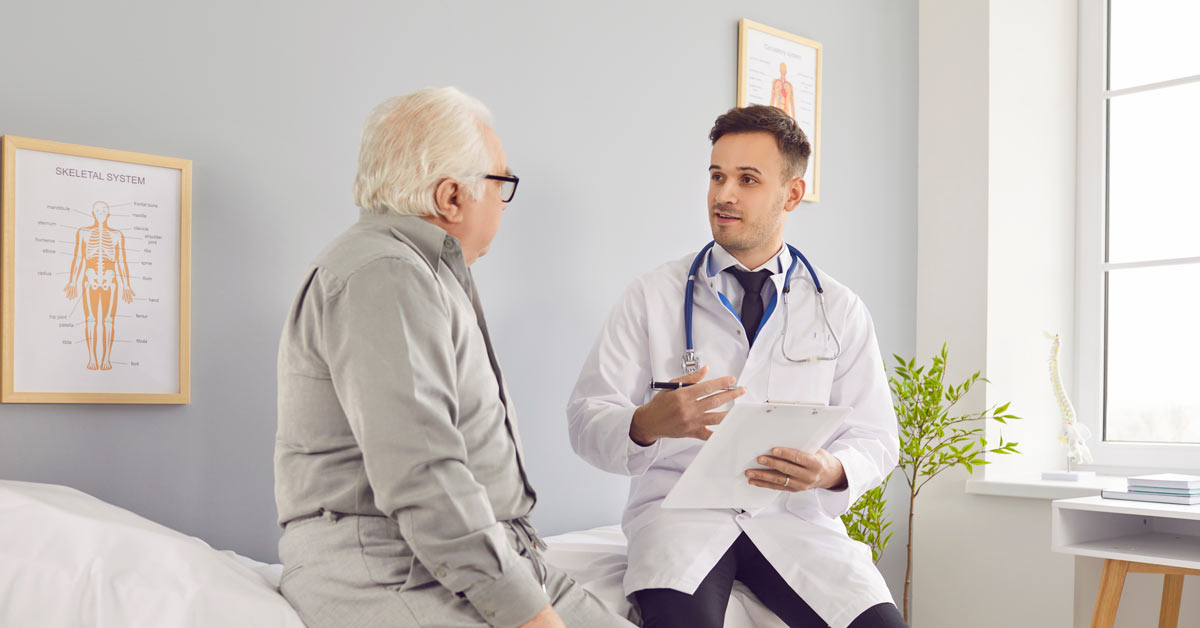INTRODUCTION
Wound healing is one of the body’s most remarkable repair processes. Whether the injury is a small scrape, a surgical incision, or something more complex, recovery requires a coordinated effort among the immune system, hormones, and tissue-building cells. Nutrition, medical care, and infection control are well-recognized contributors. Less often discussed, but equally important, is sleep. A growing body of research shows that insufficient or disrupted sleep can delay wound healing and increase the risk of complications, while adequate restorative sleep supports faster recovery.
THE PHASES OF WOUND HEALING
Healing takes place in overlapping stages:
- Inflammatory phase: Within minutes of injury, platelets form a clot and immune cells move into the wound to prevent infection and clear damaged tissue.
- Proliferative phase: Fibroblasts, keratinocytes, and endothelial cells (specialized repair cells of the body) rebuild tissue, form new blood vessels, and close the wound surface.
- Remodeling phase: Collagen strengthens the repaired tissue, and scar tissue matures over weeks to months.
Each of these stages depends on immune signaling, hormonal balance, and cellular activity—all processes strongly influenced by sleep.
IMMUNE FUNCTION AND SLEEP
Sleep enhances immune defense. During deep, slow-wave sleep, the body produces signaling proteins called cytokines that help immune cells coordinate repair. Studies show that sleep restriction reduces these protective signals and weakens immune cell activity, prolonging inflammation and leaving wounds more vulnerable to infection.
HORMONAL REGULATION IN REPAIR
Hormones also play a central role. Growth hormone, which is secreted mainly during deep sleep, stimulates fibroblast activity and collagen production, all key drivers of wound closure. In contrast, when sleep is disrupted, cortisol levels often remain elevated. High cortisol can suppress immune function and interfere with tissue repair. In this way, disrupted sleep shifts the body’s hormonal profile away from healing.
EVIDENCE FROM RESEARCH
Laboratory and clinical research supports these mechanisms:
- Experimental studies show that sleep restriction delays the recovery of the skin’s barrier function and alters local immune responses.
- Hospital research finds that patients with poor sleep quality experience slower wound healing and higher rates of post-surgical complications.
- Reviews of sleep and immunity consistently demonstrate that sleep loss alters both innate and adaptive immune responses, increasing systemic inflammation and impairing healing.
Even modest reductions, such as sleeping six instead of eight hours, have been linked to slower recovery in experimental studies.
PRACTICAL IMPLICATIONS AND TAKEAWAYS
For individuals recovering from injury or surgery, prioritizing sleep should be considered part of the treatment plan:
- Keep a regular schedule to reinforce the body’s natural circadian rhythms.
- Protect sleep quality by reducing nighttime light and noise and minimizing interruptions, especially in hospitals.
- Avoid common disruptors such as late caffeine, alcohol before bed, or excess screen time.
For clinicians, reinforcing that rest is not simply “taking it easy” but a biological necessity can help patients understand why sleep should be actively protected during recovery.
Healing depends on a carefully coordinated interplay between immune defense, hormones, and tissue regeneration. Sleep directly supports each of these systems, making it a cornerstone of recovery. While medications and wound care treat the injury from the outside, sleep gives the body the conditions it needs to restore itself from within.
LEARN ABOUT HOW APRIA SUPPORTS COPD PATIENTS
References:
Besedovsky, L., Lange, T., & Born, J. (2012). Sleep and immune function. Pflügers Archiv – European Journal of Physiology, 463(1), 121–137. https://doi.org/10.1007/s00424-011-1044-0
Garbarino, S., Lanteri, P., Bragazzi, N. L., Magnavita, N., & Scoditti, E. (2021). Role of sleep deprivation in immune-related disease risk and outcomes. Communications Biology, 4, 1304. https://doi.org/10.1038/s42003-021-02825-4
Smith, T. J., et al. (2018). Impact of sleep restriction on local immune response and skin barrier recovery. Journal of Applied Physiology, 124(5), 1253–1263. https://doi.org/10.1152/japplphysiol.00547.2017
Zaffanello, M., Piacentini, G., & Tenero, L. (2024). The complex relationship between growth hormone and sleep. Frontiers in Endocrinology, 14, 1332114. https://doi.org/10.3389/fendo.2023.1332114

.jpg?width=839&height=282&name=AD-EmailBanner-LivilitiCleaningEssentials%20(9.25).jpg)
.png)



